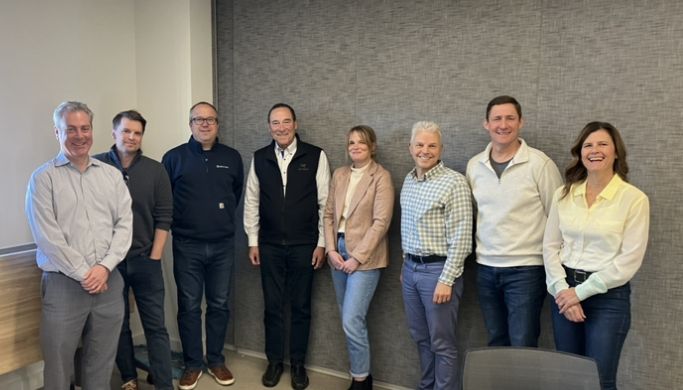Boulder Valley natural, organic leaders face short-term headwinds, long-term opportunities

BROOMFIELD — Macroeconomic headwinds such as tightening capital markets and skyrocketing real estate prices are resulting in short-term heartburn for the Boulder Valley’s natural and organic products industry, but the preferences of younger consumers make the sector’s longer-term prospects much easier to stomach.
“Historical norms and rules, none of them were in play” during the super-low interest rate environment of the last couple of decades, Sweet Loren’s president Doug Radi said during the BizWest CEO Roundtable for the natural and organic industry in the Boulder Valley held Tuesday at the Broomfield offices of Plante Moran.
As interest rates have risen and private equity investors tighten their belts, successful companies have gone “back to the future,” he said, focusing more on bottom-line fundamentals than growth at any cost.
SPONSORED CONTENT
“We have resumed what used to be a sane perspective on the need to be profitable in a business,” Summit Venture Management managing partner John Grubb said.
While “the competitive pressure throughout the marketplace is driving innovation,” the post-COVID-19 economic environment can be a place where it’s more difficult for newcomers to find their footing, he said.
With material prices inflating and stores — both online and brick and mortar — demanding a bigger slice of the pie, “it costs more to get into retail,” Naturally Boulder executive director Kristine Carey said. “It’s a hard place for them to be and for us to support them” at the startup and early growth stages of a businesses lifecycle.
Still, Grubb said he “see(s) a favorable environment in the future for innovators” because the big consumer packaged goods players come to rely heavily on price increases for growth rather than unit sales increases. “They don’t have the fine motor skills to shift a category.”
Boulder, for decades, has been known for its innovative natural and organic startup community. And while “that spirit is very much alive,” he said, “it’s just a little bit more distributed” across Colorado.
In fact, Carey said that Naturally Boulder has recently taken offices at the Colorado State University Spur campus in Denver because it is more convenient for many members.
Moving operations farther east away from Boulder and closer to the heart of the Denver metro area can help solve staffing problems, Claremont Foods CEO Alex Cioth said, particularly for food companies that employ manufacturing workers who rely heavily upon public transportation.
Transportation and housing affordability issues are particularly acute within Boulder city limits, Boulder Chamber director of workforce development Matt Wiggins said. So while the city can maintain its status as an incubator for exciting new natural ventures, companies tend to outgrow Boulder as they demand more manufacturing capacity.
Additionally, Wiggins said, the startup culture in Boulder “might be sort of shifting” away from the sectors the city has traditionally been known for — organic products and outdoor recreation, for example — and toward industries such as life-sciences and quantum technology.
Still, opportunities abound for the natural and organic product companies that can “manage your cash and be profitable,” Radi said.
Millennials and younger generations are much more conscious of their food, Carey said, which is a good sign for the natural and organic product industry writ large.
Radi agreed, saying, ““The consumer trend long term is in our favor because they are way more discriminating about the calories they put in their mouths.”
Attending the CEO Roundtable were sponsors Jeremy Wilson of Plante Moran, Aaron Spear with Bank of Colorado and Ashley Cawthorn of Berg Hill Greenleaf Ruscitti.
Editor’s note: This article has been corrected to reflect Doug Radi’s title of president, not CEO.

